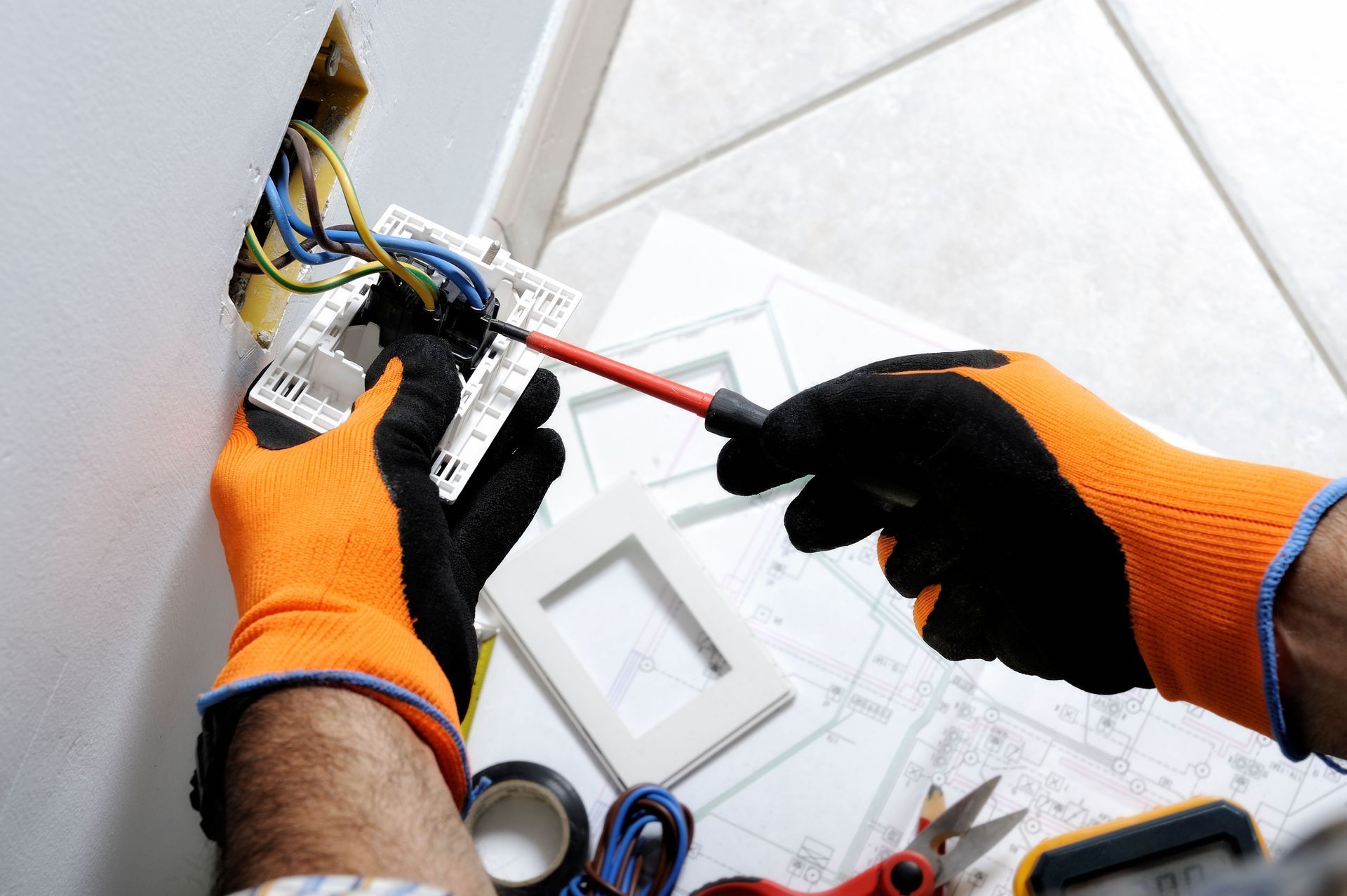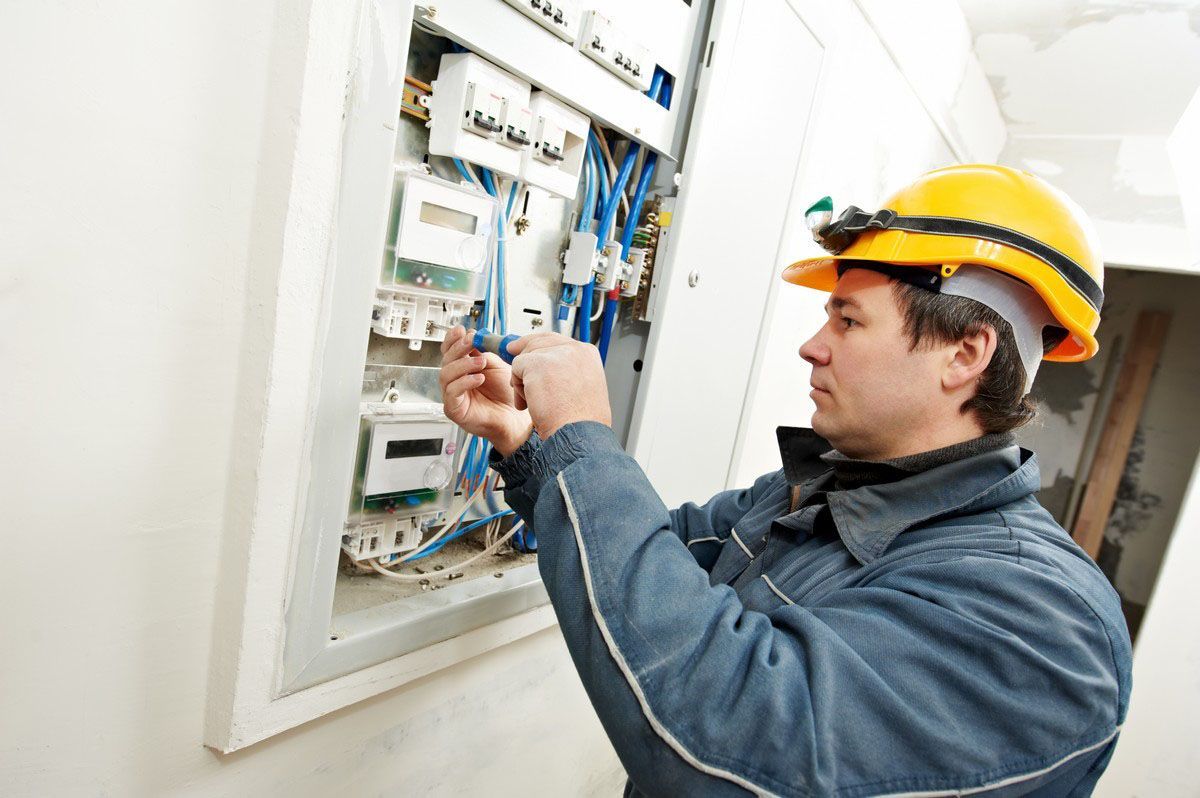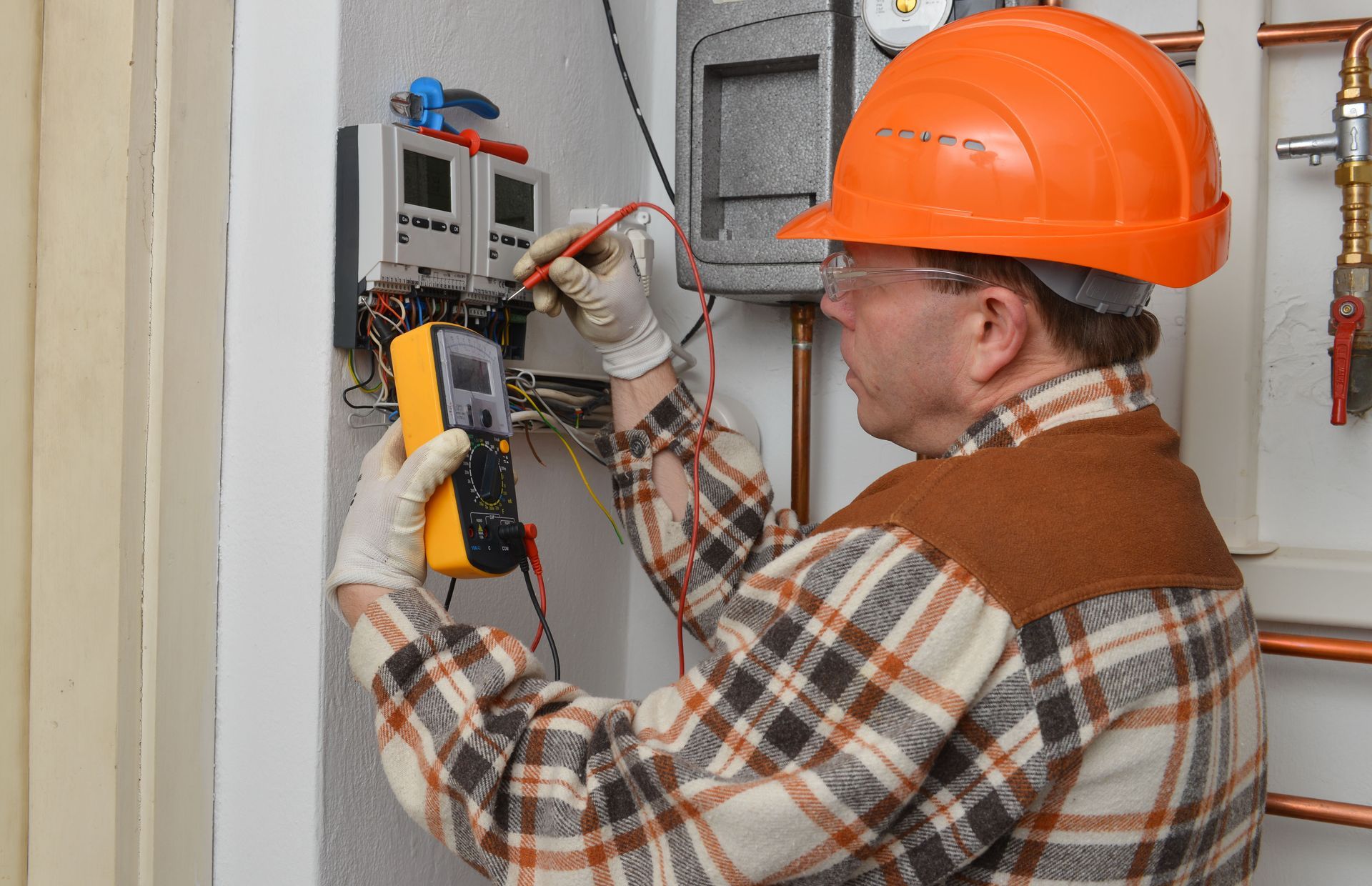Essential Tips for Working with a Residential Electrician
Understanding how to effectively collaborate with a residential electrician is crucial for ensuring electrical issues are resolved safely and efficiently in your home. Electrical systems are complex and require the expertise of an electrician to ensure they are functioning correctly. A licensed residential electrician can help navigate these complexities while reducing the risks associated with improper work. By hiring an electrician, you can confidently address necessary repairs, installations, or upgrades required for your home's electrical system. This article provides a comprehensive guide on how to work successfully with an electrician, ensuring all projects are completed to a high standard.
The Process of Researching and Selecting an Electrician
Check Credentials and Licensing
When looking for an electrician, checking their credentials and licensing should be the first step. Licensed residential electricians have undergone necessary training and are up-to-date with the latest electrical codes and safety standards. This ensures they have the qualifications needed to handle various electrical projects safely and efficiently. Without a proper license, the electrician may not have the expertise required to address complex issues, posing safety risks. Therefore, always verify the electrician's credentials before hiring to ensure compliance with local and national electrical standards.
Read Reviews and Testimonials
Reading reviews and testimonials is an excellent way to gauge the quality of services provided by an electrician. These accounts offer insights into an electrician's reliability, professionalism, and skill level from those with firsthand experience. When evaluating reviews, look for consistent themes, especially regarding punctuality, problem-solving capabilities, and the final quality of work. Positive feedback can reinforce your decision, while negative comments may indicate potential risks you should consider. Remember to check multiple review platforms to get a comprehensive overview, as opinions can vary significantly.
Compare Quotes and Pricing
Comparing quotes from multiple electricians can help you understand the average cost of your project and identify competitive pricing. While it's tempting to choose the cheapest option, it's essential to consider value rather than cost alone. An unusually low quote may indicate a lack of experience or an attempt to cut corners, potentially compromising quality and safety. Therefore, balance cost with expertise, ensuring that you're getting a qualified professional at a reasonable price. Request itemized estimates from each electrician to better understand how costs are distributed across materials, labor, and other expenses.
Verify Insurance and Bonding
Verifying the electrician's insurance and bonding is a non-negotiable step in the hiring process. Insurance protects both the electrician and homeowner from potential liabilities or damages that might occur during the project. Adequate coverage is crucial for projects involving significant electrical repairs or installations to prevent unexpected expenses due to accidents or damages. Only work with residential electricians who willingly provide proof of their insurance coverage and bonding. This provides peace of mind and legal protection for both parties involved in the project.
Assess Specializations and Experience
When selecting an electrician, consider their areas of specialization and level of experience, as these factors impact the quality and suitability of their services. Electricians may have diverse expertise, from lighting installations to panel upgrades, that align differently with your project needs. According to Angie's List, most homes require electrical panels with amperage between 100 and 200 amps. A well-rounded residential electrician with relevant experience can address various aspects of your project, offering comprehensive solutions and expert advice.
The Process of Understanding the Scope of Work
Identify Your Electrical Needs
Before contacting an electrician, clearly identify the electrical needs of your home to ensure targeted solutions. Start by conducting a thorough assessment of all areas requiring attention, from minor repairs to major installations. Knowing your objectives allows for precise planning and helps the electrician design a customized approach. Additionally, understanding your needs prevents miscommunications and ensures alignment between your expectations and the electrician's capabilities. A clear list of issues facilitates effective consultations and leads to more accurate estimates and efficient service delivery.
Ask for a Detailed Estimate
A detailed estimate from your electrician is critical in understanding the financial scope of the project and preventing unexpected expenses. When requesting an estimate, ensure it's itemized, outlining costs for labor, materials, permits, and any other associated fees. This breakdown provides transparency and allows easier comparison between different service providers. Clarifications on cost allocations help avoid confusion and ensure project financing aligns with initial projections. Such precision in financial planning safeguards you from budget overruns and ensures your resources are allocated appropriately.
Clarify Project Timelines
Establishing clear project timelines with your electrician is crucial for maintaining momentum and ensuring timely completion. Defined timelines help manage expectations and provide structure, enabling you to monitor progress effectively. Knowing the start and completion dates allows you to coordinate other tasks, such as securing permits and preparing work areas. Collaborating with your electrician at each stage ensures everybody is aligned and helps avoid potential disruptions. Effective time management is essential for achieving desired outcomes, especially in projects with multiple phases or dependencies.
Discuss Potential Challenges
Open discussions about potential challenges bolster preparedness and promote transparency throughout the project's lifecycle. Anticipating potential obstacles enables both you and your electrician to devise strategic solutions and minimize impacts. By discussing known or suspected challenges upfront, you can allocate resources and time effectively to counter potential disruptions. This proactive approach reduces stress and prevents the escalation of minor issues into significant roadblocks. Collaborating to navigate these challenges ensures a shared commitment to successful project execution.
The Process of Preparing Your Home for Electrical Work
Ensure Easy Access to Work Areas
Preparing your home ahead of scheduled electrical work facilitates efficiency and minimizes potential disruptions. Ensure the residential electrician has easy access to all areas where work will be conducted by decluttering pathways and removing obstacles. This preparation saves time and frees up space for tools, equipment, and materials needed for the project. Clear access also helps prevent damage to personal belongings and provides a safer environment for everyone involved. A well-organized workspace allows the electrician to focus on task execution rather than navigating cluttered spaces.
Secure Pets and Children
Ensuring the safety and well-being of pets and children during electrical work is a priority that requires diligent attention. Temporarily relocating pets to a different area or room within the house shields them from harm and minimizes distractions for the electrician. Secure gates or enclosures offer added protection, preventing unintentional interference with equipment or work processes. Additionally, informing the residential electrician about any pets on-site allows for better coordination and management of entry or movement. Planning around family routines ensures everyone remains safe and the project proceeds smoothly.
Remove Fragile Items
Before commencing electrical work, safeguard valuable or fragile items by relocating them away from project areas. Removing such belongings protects them from accidental damage caused by vibrations, dust, or equipment contact. Place delicate items in a secure, designated space where they remain untouched and unaffected during the project. This precautionary measure prevents potential losses and maintains the integrity of your home's cherished possessions. Covering stationary furniture or flooring with protective materials adds an additional layer of safety and cleanliness.
Discuss Power Shutoff Plans
Discussing power shutoff plans with your residential electrician is an essential step in preparing for upcoming electrical work. Understanding the project's impact on power availability enables you to plan accordingly, minimizing personal inconvenience. Communicate your household's power needs to the residential electrician, including essential appliances or systems that must remain operational during the work. Developing a coordinated plan ensures the work proceeds safely and efficiently without unnecessary disruption.
Working with a residential electrician calls for thoughtful preparation, open communication, and an understanding of your project needs. By taking steps like verifying credentials, reviewing estimates, and preparing your home, you set the stage for a smooth and effective electrical project. To explore reliable services and professional solutions, learn more about Dependable Electric and how our team can help with your home’s electrical needs.





Share On: